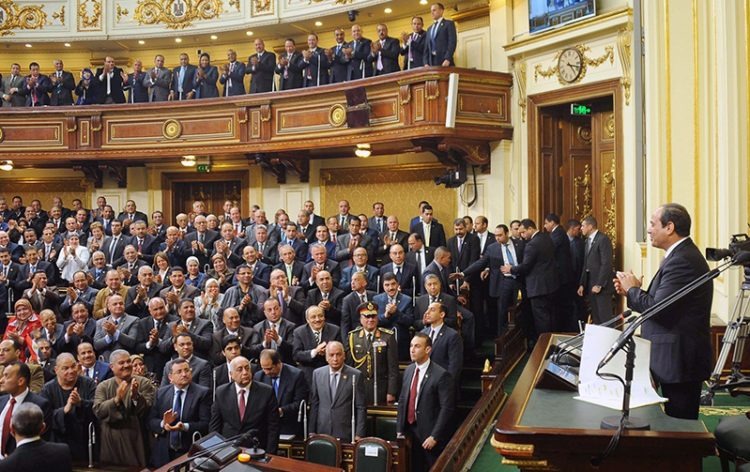After its Parliament passed the bill to regulate and treat social media accounts with more than 5000 followers as media outlets, President Abdel-Fattah el-Sissi of Egypt has signed into law the Anti-Cyber and Information Technology Crimes legislation.
The anti-cybercrime law which was published on 18 August 2018 in Egypt’s official gazette, allows the government to issue directives to block websites that publish content that are deemed to be a threat to national security and spreading the “ideas of terrorist organizations.”
Anybody who attempts to access the blocked websites, for example by using VPNs, can also be sentenced to 1 year in jail or a fine of up to EGP100,000 (approximately $5,593).
“Everyday we receive reports about people from all levels of Egyptian society who have been persecuted for Facebook posts, tweets, artwork, and even personal, unpublished writing that has fallen into the hands of the Egyptian authorities,” reads a statement by Najia Bounaim, Amnesty International’s director of campaigns in North Africa.
See Also: Egyptian Start-up, Mowarrid Raises $2.3m Investment Round
Highlights from the laid law include; banning the distribution of information on the movement of Egyptian security and severe punishment for those found guilty of hacking government information systems.
This is another way the Egyptian authorities are clamping down on the media and the citizens as discretion is left entirely to authorities without any clear criteria on what determines fake news or content that threatens national security.














